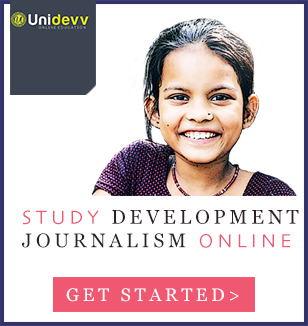Popular Categories
About Us
Global South Development Magazine is an online magazine of international development issues. GSDM seeks to redefine the way international development is reported today. We report some of the most neglected stories in global development and focus on giving voice to the voiceless.
Contact us: [email protected]
© Copyright - 2010-2020 Global South Development Magazine


